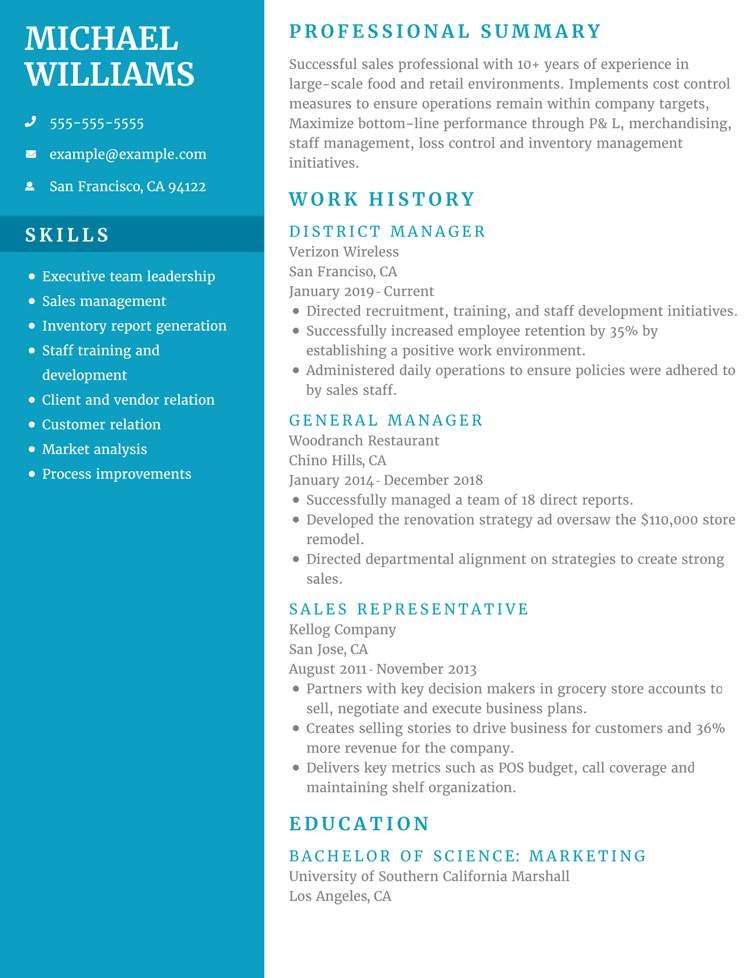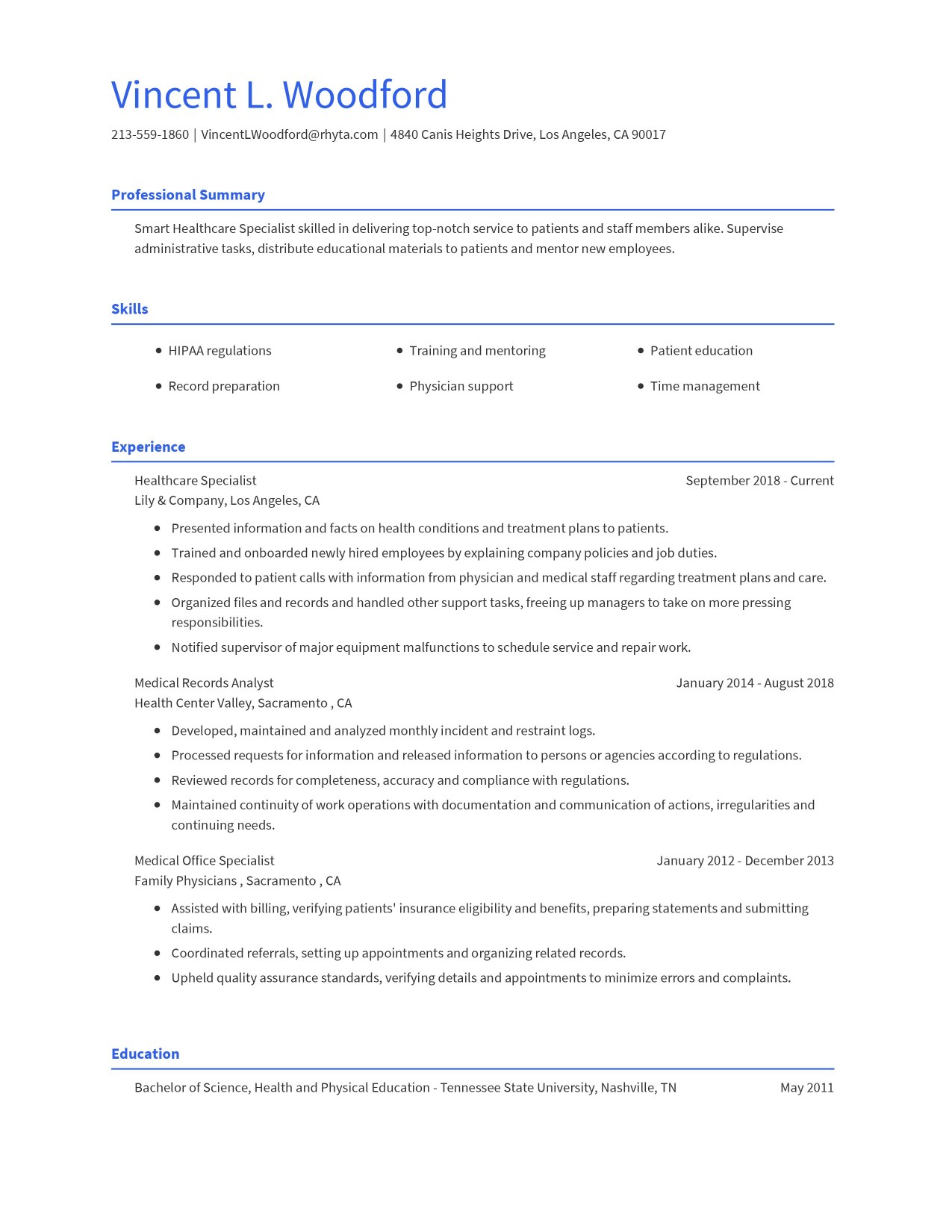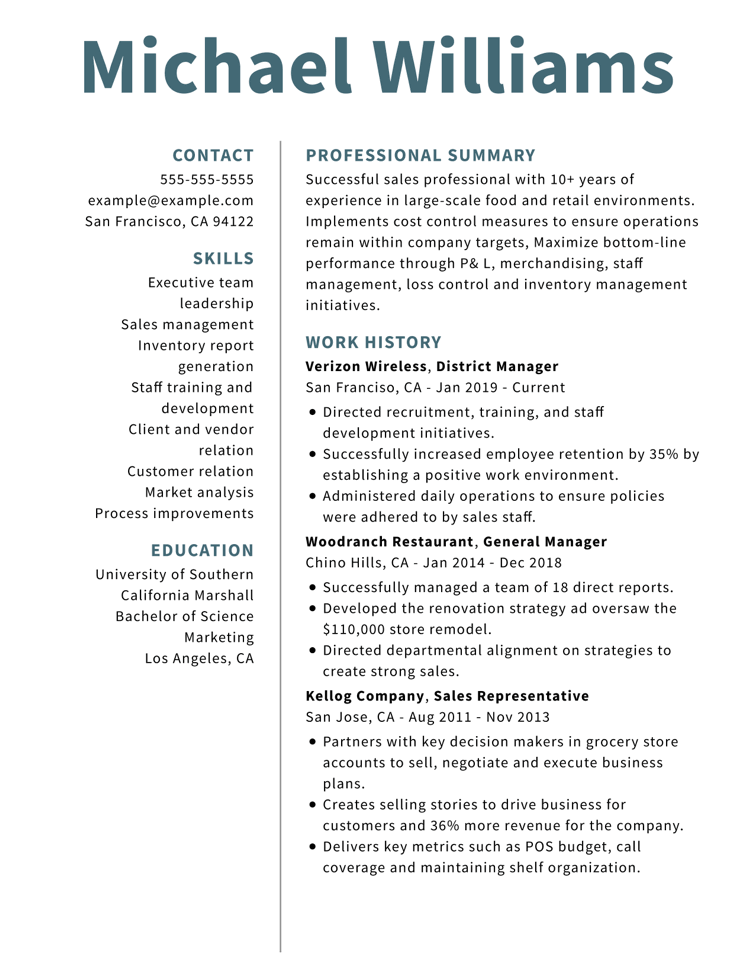10 CV Dos and Don’ts to Land a New Job
If you want to get a call from a recruiter, there are many mistakes to avoid when writing a CV. Here are five CV tips to keep in mind for your next job search.
If you want to get a call from a recruiter, there are many mistakes to avoid when writing a CV. Here are five CV tips to keep in mind for your next job search.





OUR USERS HAVE BEEN HIRED BY



CV writing is often difficult for every job seeker. Here are CV do’s and CV don’ts that you should practice when writing your next CV.
Organising your CV sections correctly is a major factor in whether or not a recruiter even gives your application a chance. Most professional CV will split all their relevant information into these sections:
By dividing your CV into these easily digestible sections, hiring managers can get a better sense of what related work experience you have and how you can apply those skills to the current job opening.
Common CV buzzwords and phrases to avoid include:
Outside of the CV don’ts listed above, here are the most common CV writing mistakes candidates make:
Instead of building a CV from scratch, use a CV builder. These tools have tons of CV professional templates, examples, and other tips that you can use to write a stellar CV in minutes.
We personalize your experience.
We use cookies in our website to ensure we give you the best experience, get to know our users and deliver better marketing. For this purpose, we may share the information collected with third parties. By clicking “Allow cookies” you give us your consent to use all cookies. If you prefer to manage your cookies click on the “Manage cookies” link below.